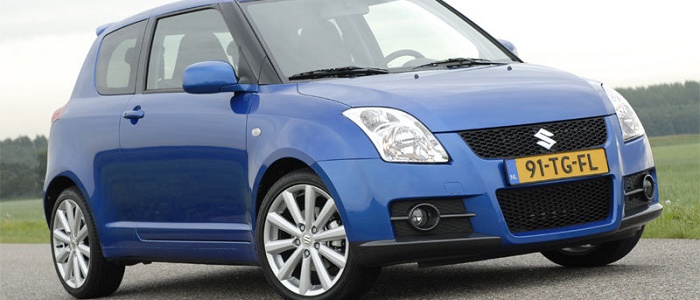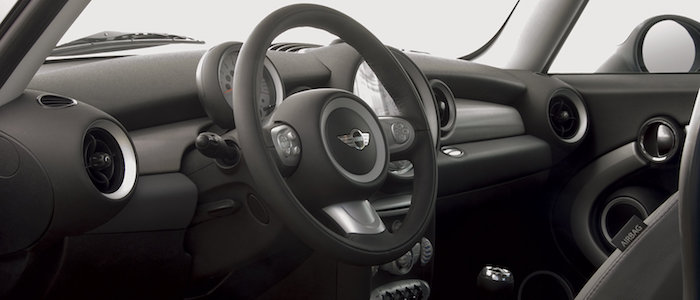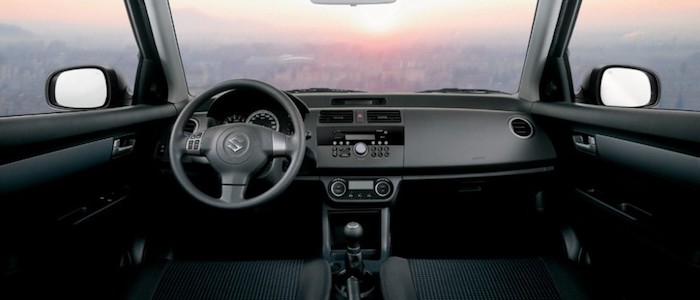Compare two cars
Compare any two cars and get our Virtual Adviser™ opinion
Dimensons & Outlines
Check vehicle history
Engine
1.6 Prince EP6
Performance (manual gearbox)
Performance (automatic gearbox)
Expenses
Virtual Adviser's™ opinion
We are here considering two somewhat similar cars, but we can't deny some of the obvious differences. For a start, they are not even classified under the same segment, with the Mini being a micro car and the Suzuki representing city car vehicle class. The first one has a Peugeot-engineered powertrain under the hood, a 4-cylinder, 16-valves 120hp unit, while the other one gets its power and torque from a 4-cylinder, 16-valves 125hp engine designed by Suzuki.
SafetyA starting point here would be to take a look at the results from European New Car Assessment Programme (Euro NCAP) tests which were performed on both of the cars, with the Mini being a slightly better choice apparently. Moving further on, let's take a closer look at some additional safety-related facts. The second vehicle is a city car and that gives it a marginal advantage over the micro car competitor, at least that's what statistics show. On the other hand, when it comes to weight, a factor that most people underestimate, the British car offers a marginal difference of 3% more metal.
ReliabilityI don't like generalizing things when it comes to reliability, although it does seem that Suzuki as a brand displays somewhat better results, when all the models are taken into account. These are the results of an independent reasearch, while our visitors describe reliability of Mini with an average rating of 4.1, and models under the Suzuki badge with 4.6 out of 5. The same official information place Mini as average reliability-wise, and Swift is more or less at the same level.Above it all, drivers of cars with the same engine as the British car rank it on average as 4.2, while the one under the competitor's bonnet gets 4.7 out of 5.
Performance & Fuel economySuzuki is a bit more agile, reaching 100km/h in 0.2 seconds less than its competitor. Still, it lacks the power to win the top speed competition, topping at 200 kilometers per hour, 3km/h less than the other car. When it comes to fuel economy the winner has to be the British car, averaging around 5.4 liters of fuel per 100 kilometers (52 mpg), in combined cycle. We can't ignore that 33% difference compared to the Japanese car.
Verdict
Suzuki appears just a bit more reliable, although the difference is truly marginal. The most important thing when deciding between any two vehicles should always be safety, both passive and active. In my opinion, everything taken into account, the British car offers significantly better overall protection, taking the lead here. When it comes to performance, both vehicles provide similar experience, so I wouldn't point any of them out. the British car , on the other hand, consumps significantly less fuel, and that's a big plus. All together, there's not much more to say, in this case I wouldn't even consider anything but Mini. Nevertheless, let's not forget that people have different preferences and needs, so what really counts is your personal feel. I'm only here to help. In case you have two minutes to spare I invite you to define your needs, desires and budget and see which car would be chosen by the virtual adviser™, out of 12.000+ vehicles we currently have in our database.

































